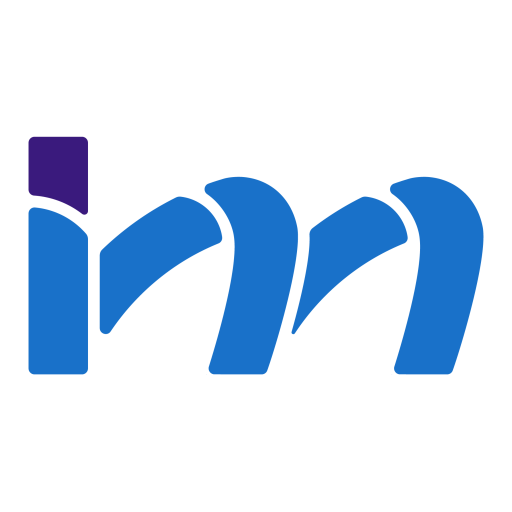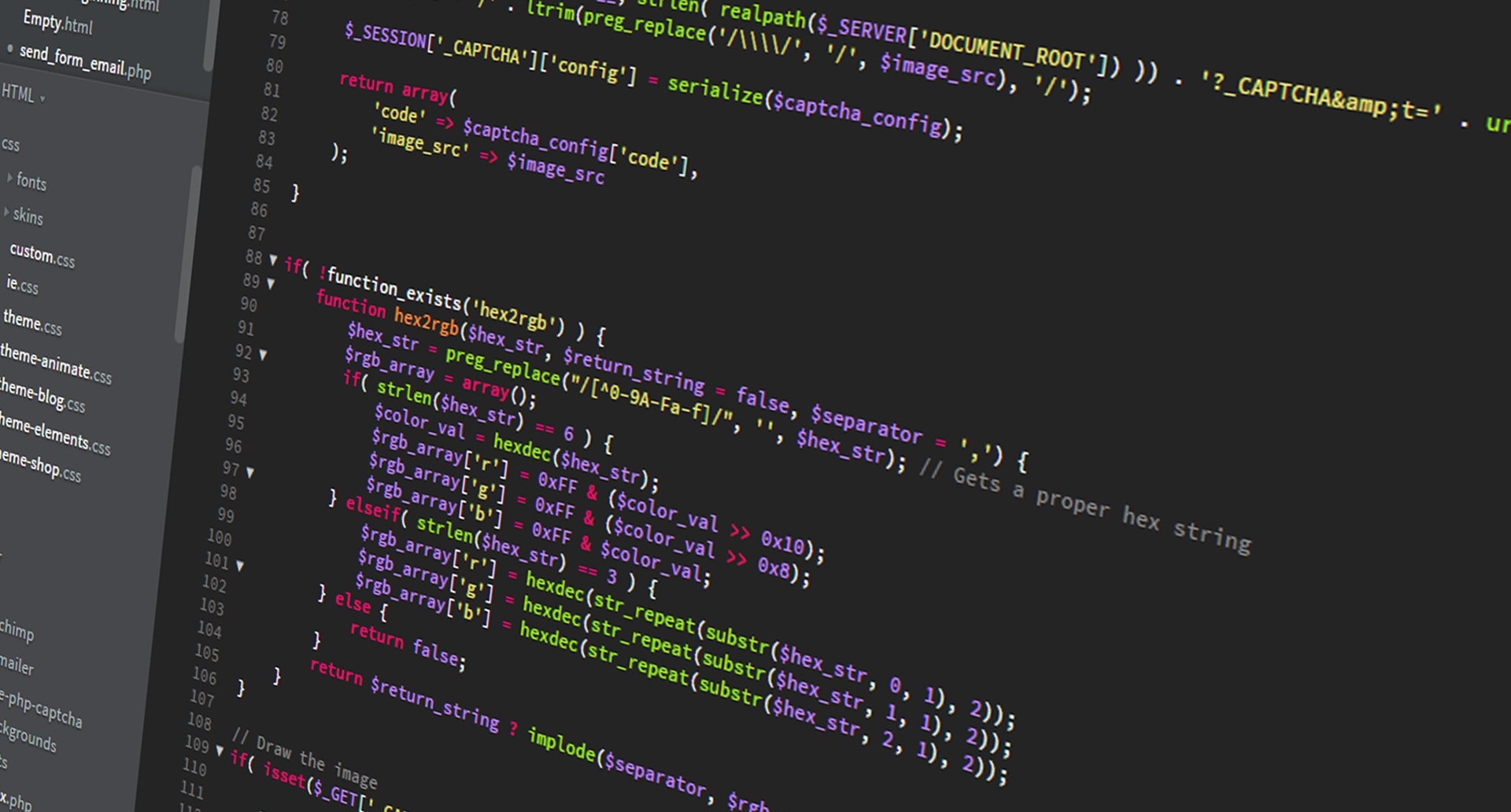Contact us. We are happy to talk about your needs and prepare an offer.

PHP
A programming language for creating dynamic and complex websites with great possibilities.

Our Clients
What exactly is PHP?
PHP (Hypertext Preprocessor) is a widely-used open-source scripting language for creating websites and web applications. It was created by Rasmus Lerdorf in 1994 and is now officially implemented by Zend Technologies. Moreover, Facebook itself put a lot of effort and financial contributions into the development of this language to enable faster operation (up to 6x due to HHVM). Currently, PHP has very extensive official libraries (and countless unofficial libraries); a number of different frameworks have also been built for it. Among the most popular are Laravel, Symfony, Codelgniter, Yii, Zend, CakePHP, Phalcon, and Slim.
PHP, unlike HTML, is a server-side language, i.e. allowing the client application to delegate intensive tasks to the more powerful server (it only returns the appropriate content to the browser). As a result, it is possible to create complex websites and applications that manage large amounts of data, such as discussion forums, online stores, social networking sites, CMSs (content management systems), and e-mail applications. In addition, PHP supports various functions, such as integration with payment mechanisms (e.g. credit cards), user authentication (such as with LDAP), or email management through the use of protocols such as IMAP or POP3. PHP is a programming language with a simple syntax usable by a novice programmer, and thanks to extensive tools for creating advanced websites, also in the work of a senior developer.
It is impossible to count the companies that use PHP. The most recognizable users of this programming language include:
- Facebook,
- Wikipedia,
- Tumblr,
- Slack,
- DailyMotion,
- WhatsApp,
- Yahoo,
- WordPress.
The advantages of PHP

Abilities
PHP is one of the easiest scripting languages. Learning it does not require a large amount of time, and creating web applications with it is relatively simple. It's a very convenient language for quick editing because changes to the existing code can be made at any time without recompiling. PHP is an open source technology, so anyone can start using it freely, whether it is for private or commercial purposes.

Efficiency
PHP is compatible with most operating systems and easily runs on various platforms such as UNIX / Linux or Windows. PHP code is created relatively quickly, reducing development resources. However, it’s true that this results in slightly lower performance than in the case of compiled languages. But where performance really matters, PHP can be easily integrated with other technologies or services.

Control
PHP is a programming language that, compared to others, provides greater control over the created website. It does not require complicated and long scripts, and you can start work with a few simple lines of code. HTML tags generate the content on the page dynamically and very easily because they contain the PHP code between the tags. Thanks to the large community of PHP developers, the language offers many libraries that can usually be used for free.
Specification
- PHP is a language in which scripts are written and then are passed to the interpreter when invoked. On the other hand, the interpreter is usually run in a web server environment, and PHP scripts are used to generate the web pages. Moreover, it is possible to write scripts that run outside the server environment and the interpreter can be run on the system console.
- Using PHP doesn’t mean that you are limited to simple HTML. PHP also implements images, PDF files, and animations.
- The enormous popularity of the PHP programming language makes finding a solution to a given problem on the Internet easier thanks to the many websites attracting developers.
- PHP offers simple integration with many different databases such as MySQL, PostgreSQL, Oracle, Sybase, Informix, and Microsoft SQL Server.
- PHP is a modular language with many modules that extend its capabilities. The programmer can turn them on and off at will on the server, and even write custom modules.
- PHP technology allows you to handle forms by collecting, saving and sending data or returning it to the client.
- PHP is a language that supports various programming paradigms (imperative, functional, object-oriented), giving the programmer a certain amount of freedom in the approach to problem solving.
- The syntax of PHP is similar in many aspects to the syntax of programming languages such as C, C ++, and Java. Programmers of these languages should not have any problems with learning PHP.
At ImpiCode we offer programming services in PHP. If you want to find out more about this technology or need support in a project which uses PHP - write to us via the contact form.




